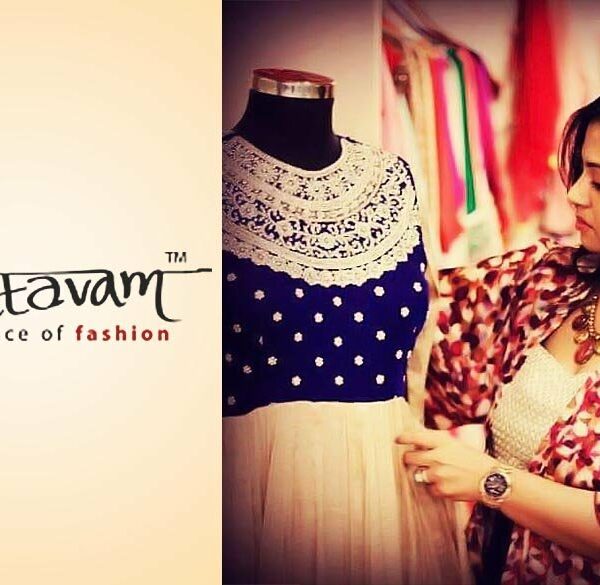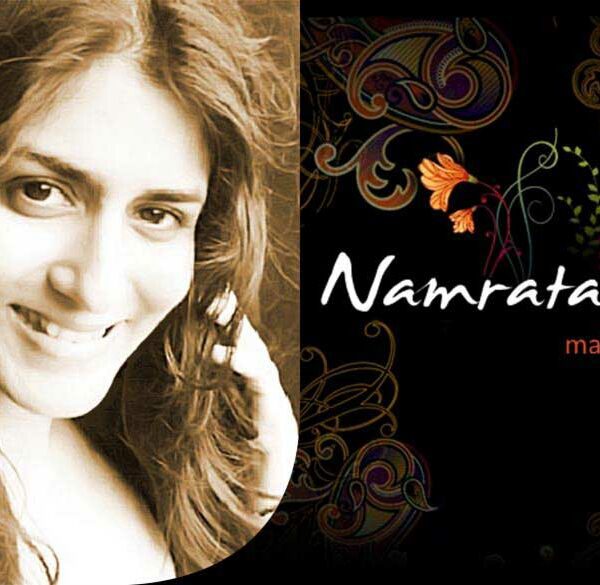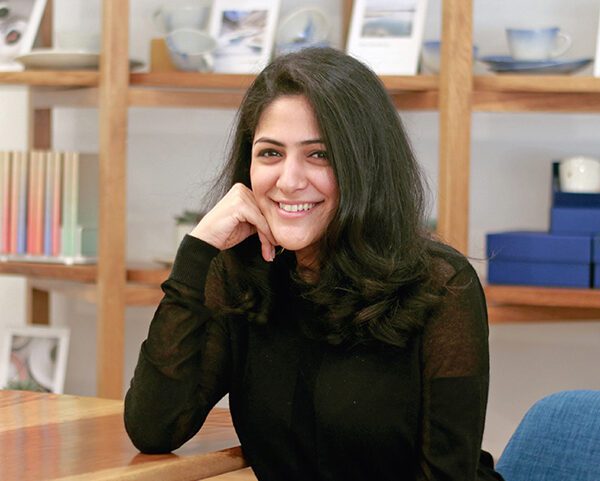A Response to the Writers Replying to Swara Bhaskar
As someone who writes as well, I can understand artists being sensitive about their work and people they work with. But it was shocking to read what can best be described as a defensive diatribe against Swara Bhaskar’s article on what she experienced after watching Padmaavat. Or as I like to call it, Padma-what??
While she was polite, a bit too polite if you ask me, your response was angry, sarcastic and begged the question of whether you would have responded in the same tone if a male actor had been offended by the film. Perhaps the problem is not just that she felt reduced to a vagina, but that she has a vagina in the first place. You see typically vaginas in Bollywood are not supposed to be attached to brains. They are just size zero bleached vaginas that are used like window dressing to welcome people into movie theatres with swag. But then again you already know that.
While it is true that Ms. Bhaskar should have anticipated a Jauhar scene, perhaps she forgot about it with all the controversy around Deepika’s midriff and whether a Rajput queen would have had the choice to wear a sari blouse the length she wanted. It’s scary that people are more ashamed of a fictional woman’s waist showing, but not about the fact that instead of equipping their women to fight and defend themselves, the honourable Rajput men instead gave them their blessing to be burnt alive. It has all the makings of an epic romance. Isn’t it ironical that while Ratan Singh can betray his first wife and marry a woman he meets for a couple of days on a strange island, Khilji’s infatuation with a woman is treated as sacrilege? So, a married woman is off-limits, but a married man gazing at other single women is just fine. Good to know.

You use the word choice a lot in your angry rant and perhaps you’re right. It’s really is a matter of choice. Why did Mr. Bhansali choose this story? What resonance does it have to our lives today, especially when women in India are finally learning that their existence is not limited to their body and its objectification? If we read a news article today about a couple who resisted a stalker or psychopath for as long as they could before the husband got killed and his wife killed herself in desperation, would you choose to spend 200 crores and make a film out of it?
Why did the writers modify the original story the way they did? Why did they completely eliminate the fact that Shahid’s character was in fact killed by a Rajput king from a neighbouring kingdom and not Khilji? Rather convenient, isn’t it? Was it the right choice to demonise all Muslims in the film, literally painting them black with costumes and sets as well? Isn’t it a disservice to the legacy of Khilji, and the fact that the film has completely maligned a ruler who actually existed, and was nothing like the unwashed beast he has been turned into. Does characterisation have to really be so black and white? Or was a deliberate effort to make the characters one-dimensional caricatures with no depth, dimensions, or emotional connect? It’s so sad that a fantastic actor like Shahid Kapoor is reduced to a bumbling ‘usool’ laden cartoon who can’t get one battle strategy right. Even when his wife comes to rescue him, his first worry is if another man has caught a glimpse of her! I mean talk about being a complete jerk. A great looking set and topless male stars do nothing for a film that is just a series of random plot points and a serious lack of perspective.
Perspective. That is what is grossly missing in Padmavati, and perhaps what Ms. Bhaskar was trying to say in her letter. The need for the director’s point of view, the need for his comment on whether committing Jauhar was the right thing to do. Couldn’t we have had one character talk about how unfortunate it is that a woman’s body is the playing ground for male honour games? What Padmaavat needed was a Kashi, the voice of sanity and truth, who said it like it really was. Couldn’t we have just implied the Jauhar scene instead of having an elaborate slow-motion sequence with VFX generated sparks illuminating Deepika’s stoic face? We all know Mr. Bhansali loves an excess of everything, but making the Jauhar scene last so long was simply macabre.
If it was Padmavati’s choice to immolate herself, why did she need her husband to sign off on her suicide plans? Which he happily did, because a dead honourable wife is always better than a raped but alive one. Was it really her choice then, if she needed a male member’s approval? I actually wondered for a minute if that was a cheeky sarcastic comment about her lack of rights, or if it was supposed to be something mushy and romantic. Also, please oh please don’t give the writers or director credit for the scene where the women throw burning embers on Khilji. It was lifted straight from Mirch Masala, a far far superior film where the women do not succumb or kill themselves, but defend their freedom and their bodies from a predator.
While the queen may have chosen to be burnt alive, it seems as if she didn’t give the other women much of what you call, choice. The most chilling scene in the whole film is the one where Padmaavati gives a speech to all the other colour coordinated women in red about how their vedana (pain) will reflect their veerta (bravery). Did we really need to see a child bride in atleast 5 different shots? Ironically it only highlighted another ill of child marriage and how unfair so many of these supposed honour codes were to women in Rajasthan. Why did we need shots of pregnant women? Is it fair to let an unborn foetus be burnt alive because Padmavati thinks its bravery? From where I stand as a viewer, those in power made choices, and the other hapless folk just followed; onto the battlefield or into a pyre.

The truth is, there is a difference between having the actual freedom to make a choice and having to accept the only available choice. In the case of Padmaavat, and the women of Chittor, they had grown up being told that their existence and honour was limited to their bodies. Their vaginas more specifically, from where they could birth heirs and please their polygamous husbands, but never even entertain the thought of what another man might imagine of them. They didn’t make the choice to live a regressive patriarchal setup; hidden behind veils and windows, silenced by their husbands when they spoke on matters of the state or yelled at when they took initiative and stepped out of the four walls of their palace. Choice is what millions of women in our country still don’t have; whether it comes to education, sanitation, marriage, sex, reproduction and profession.
Padmavati didn’t have a choice either. She knew that killing herself was a choice society had made for her lot, and she just did what was expected of her. That’s not bravery, that’s not honourable and it’s certainly not cinematic.












